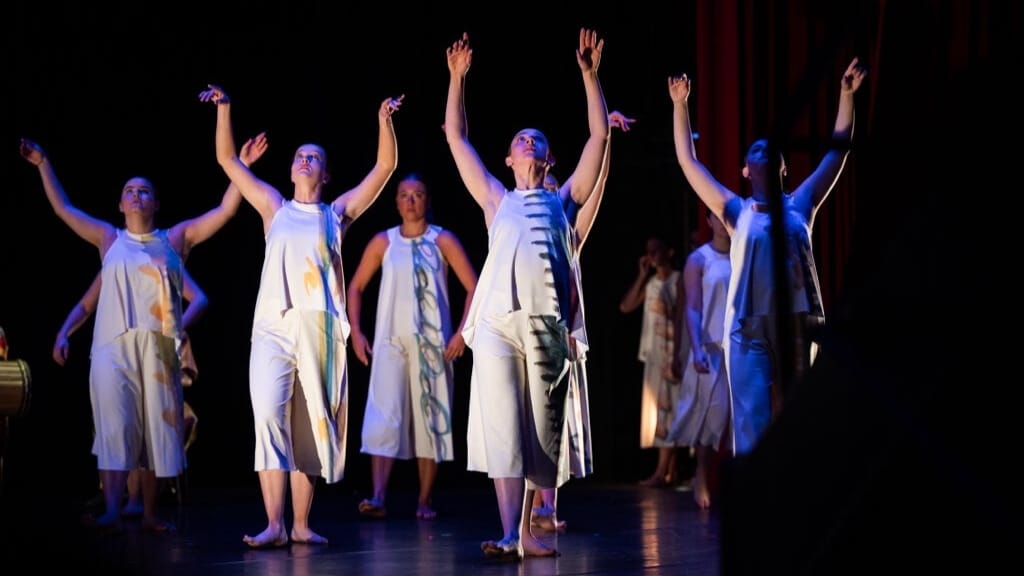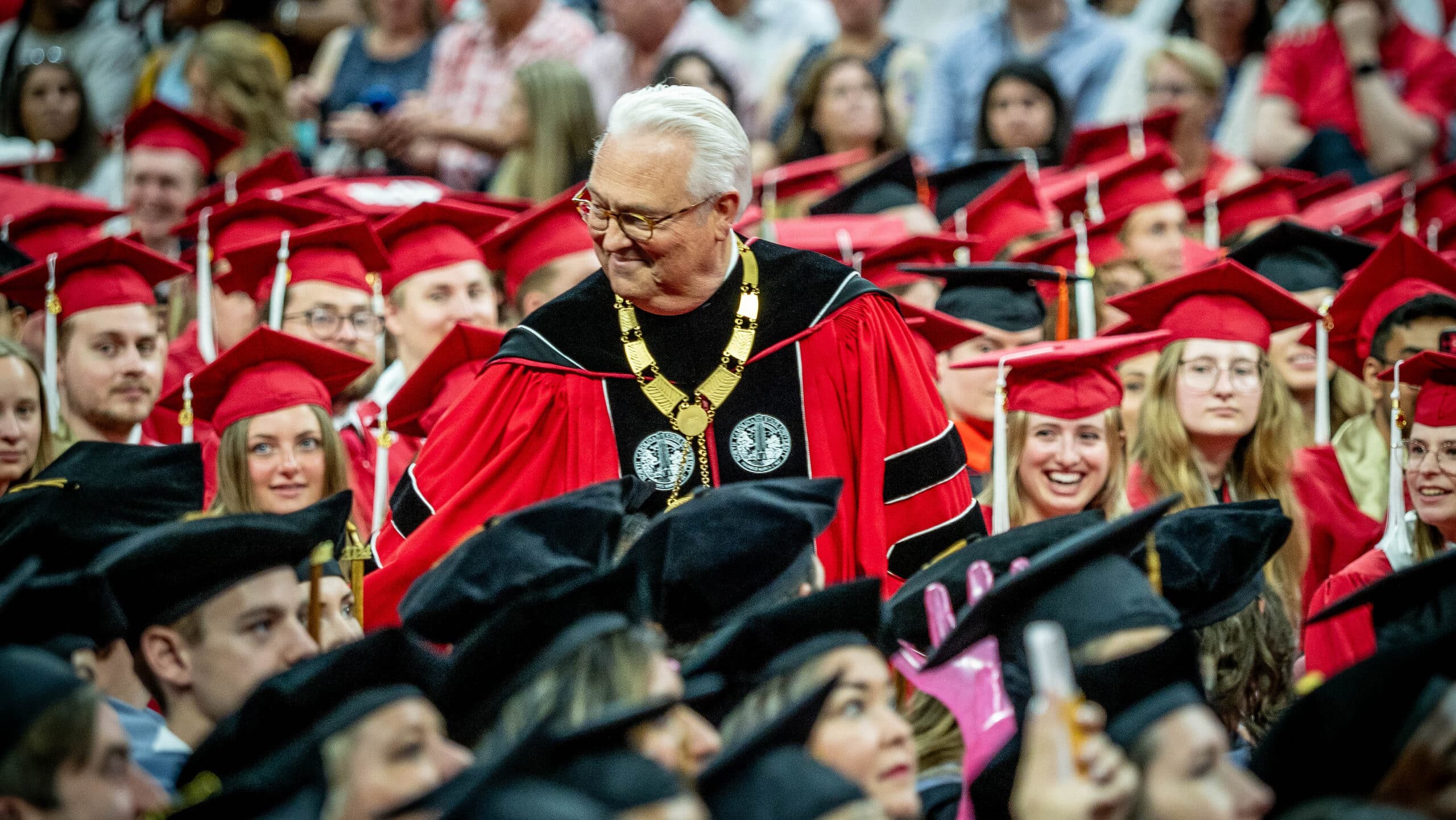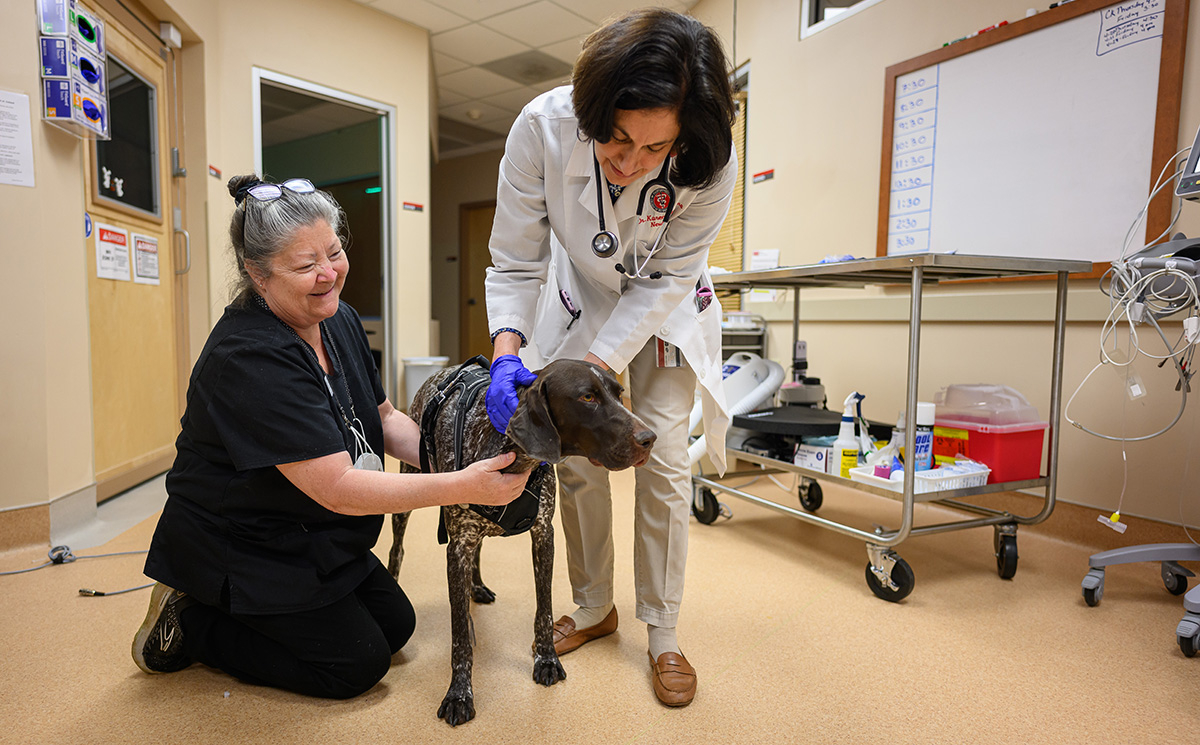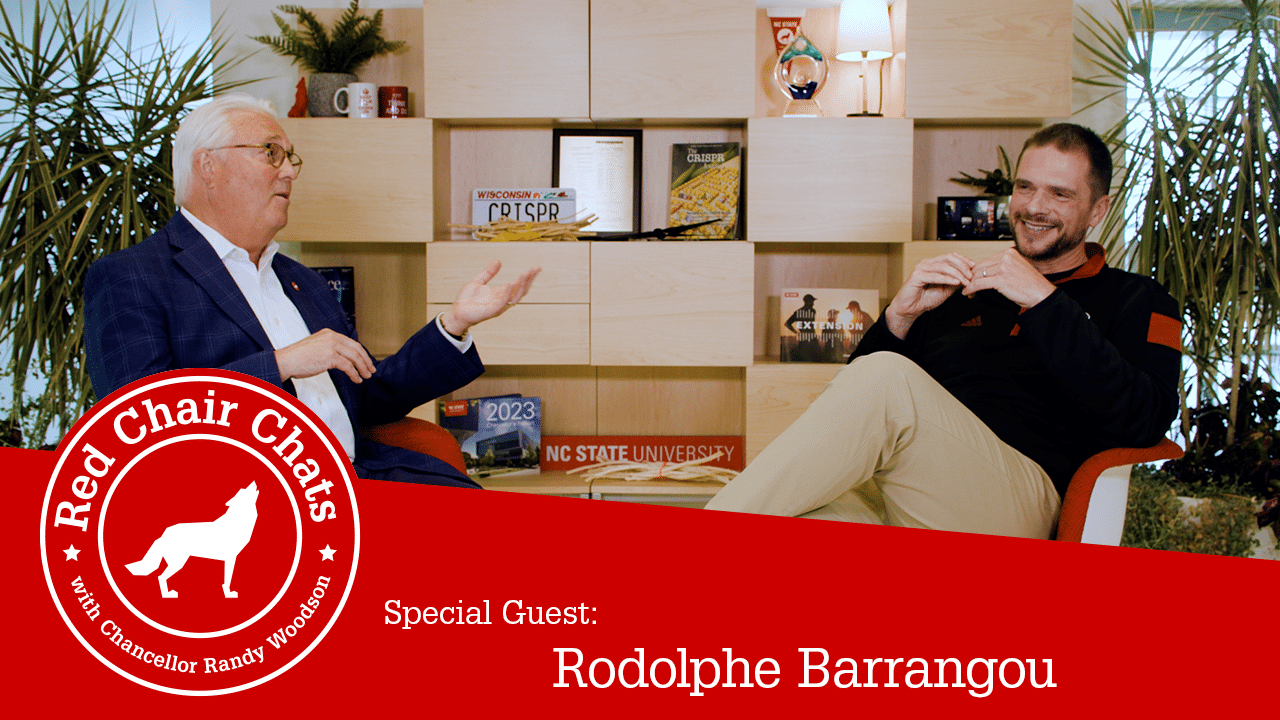This spring, the Panoramic Dance Project’s spring concert featured a new collaboration that added a unique dimension to the performance. Wilson College of Textiles Associate Professor Anne Porterfield designed costumes that embodied the essence of the choreography and the spirit of the piece.
The Panoramic Dance Project is a pre-professional dance company in NC State’s Department of Performing Arts and Technology. Each year, students audition to join the company and perform a variety of dance styles from the African diaspora, with a focus on African, hip-hop and Latin dance.
Christa Oliver, the director of the Panoramic Dance Project, choreographed a dance for this year’s spring concert, “Times of Refreshing.”



“The piece itself draws inspiration from scripture and a Kenyan folk song that celebrates the arrival of rain. In many African cultures, rain is considered a blessing, a sign of new life, transformation, fresh starts, revival and restoration of the spirit.”
Oliver contacted Wilson College of Textiles professors to ask if anyone had a background in costume design and would be interested in creating costumes for a dance. Associate Professor Anne Porterfield, who has an extensive background in costume design, replied.
“Christa shared with me some of the early choreography and the music as well as a list of words to describe the piece,” Porterfield says. “We met, and we just went from there.”
Designing the costumes
Porterfield’s early career was in costume design. She studied costume design at the University of Texas before getting her Ph.D. at the Wilson College of Textiles. For her dissertation, she researched the use of 3D apparel software in costume design discussions.
That research inspired this collaboration. Porterfield designed the costumes utilizing 3D software to show Oliver and the dancers the designs. The 3D software was also used in the pattern-making and print layout process.
“I like to find an emotional reaction to the movement, the music and the concept. So, I went around campus one Sunday afternoon and took pictures that reminded me of the words Christa used. From those pictures, I developed some watercolor drawings. That was the jumping-off point,” Porterfield says.

The watercolor drawings then inspired the design of the fabric. Kerry King, a current Ph.D. student at the Wilson College of Textiles, facilitated a printing partnership with Optimum Digital, who provided digital printing of the material for the costumes.
Optimum Digital has dedicated the last decade of its research and development to providing a sustainable solution for industrial printing.
The costumes’ fabrics were printed using a one-step process with NirvanaBelt and Eco-Pigment technology. This new process does not require pretreatment, is waterless and paperless and reduces textile waste from overproduction by producing only on demand.
“Universities like NC State play an important role in researching, developing and testing these new technologies, and we were very excited to support the printing of costumes with our latest technology when presented the opportunity,” says Edward Knight from Optimum Digital.
Constructing the garments
To sew the costumes, Porterfield hired fashion design student Bee Mangine.
“I saw the email, and I signed up immediately. I thought it would be a really great experience because costume design is something I want to continue with,” Mangine says.
Over spring break, Porterfield and Mangine sewed all of the costumes and met with the dancers to ensure the costumes looked correct while also providing the performance needed to dance.

“There’s a lot of thought put into unifying the dancers and finding the balance between comfort and making it look good and functional,” Mangine says.
Through this experience, Mangine had the opportunity to explore different machines in the fashion studio, work with 3D design software and learn how to sew for someone while keeping design considerations in mind.
“Dr. Porterfield is an amazing person to work with and for because she values your opinion, the way that you work, and your experiences as well,” Mangine says. “Looking into the future, I’m really excited to continue to explore costume design and bring some of those elements into my capstone collection and any other work that I’m doing.”
Both Porterfield and Oliver are interested in continuing this partnership in future semesters.
“There are definitely things that we can build on in terms of research from this collaboration, and it’s also fun to get back to my roots of costume design,” Porterfield says.
This post was originally published in Wilson College of Textiles News.
- Categories:



